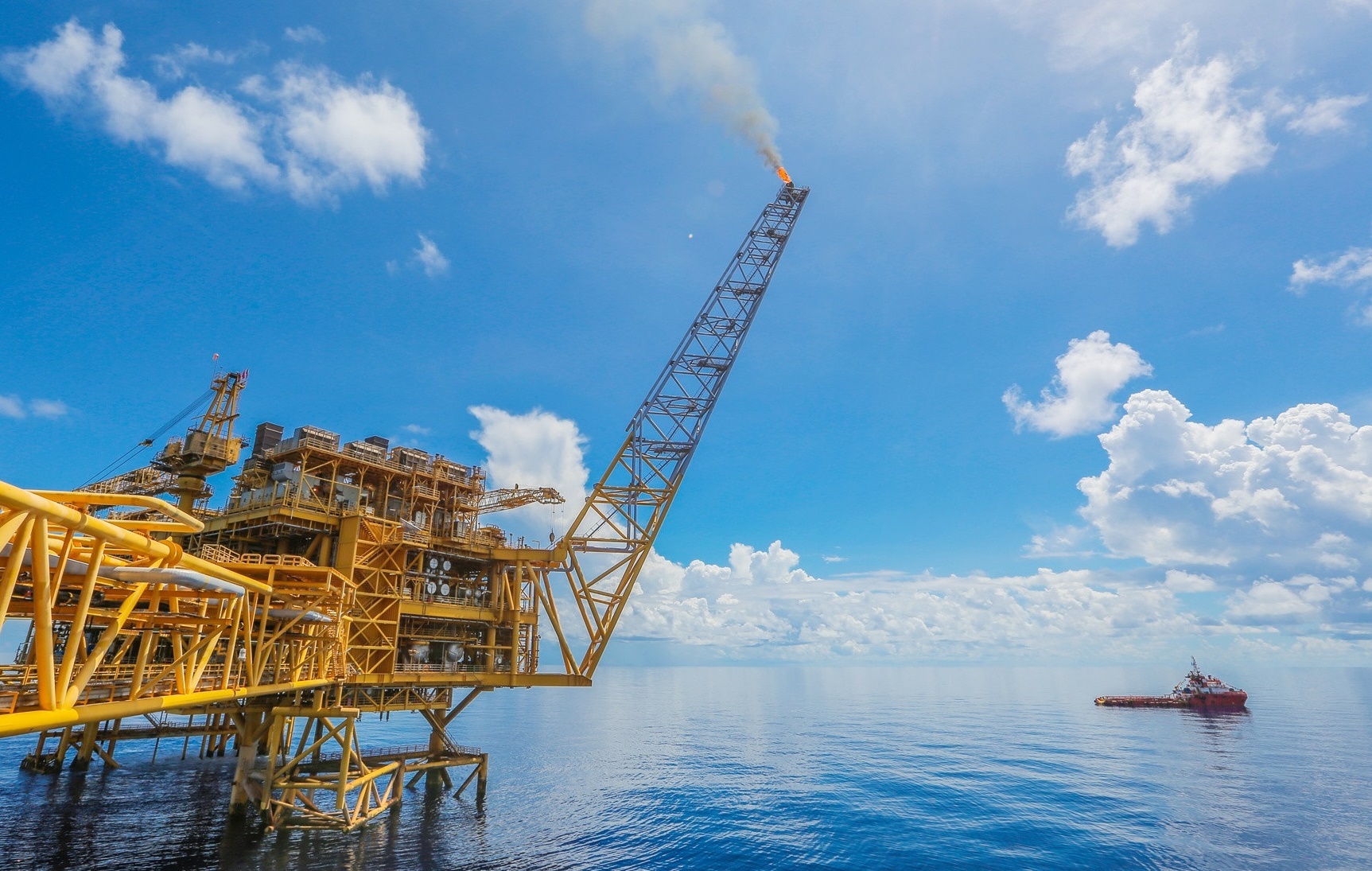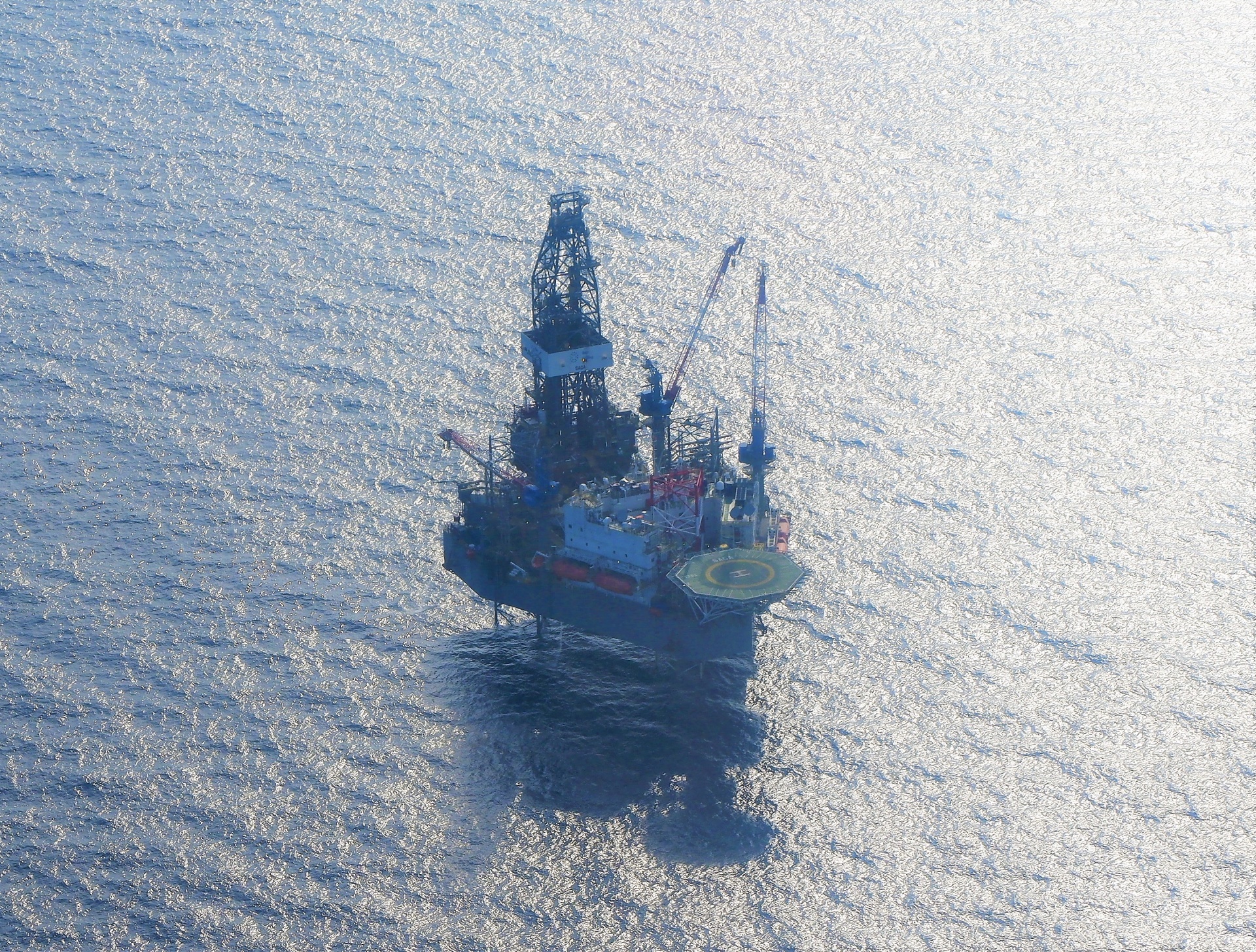Removing roadblocks to oil and gas investment ventures imperative for development
 |
| Gas and condensate exploitation at South Con Son deep-water base in Vietnam's continental shelf |
Unlike common investment projects, projects in oil and gas field are often technology- and capital-intensive, and associated with multiple risks during implementation, particularly oil and gas exploration, and extraction activities.
Current oil and gas projects are governed by the Law on Petroleum. During implementation, however, they also fall within the scope of a diverse body of laws such as those on Investment, Public Investment, Construction, Procurement, and Management of State Capital in Enterprises.
According to Nguyen Van Phuc, former Deputy Chairman of the National Assembly Economic Committee, in today's fast-changing landscape the legal framework for the oil and gas sector, particularly the Law on Petroleum, needs revisions to spur development and contributions to the national economy.
| Industry experts, therefore, stated that legal review is necessary for the smooth implementation of petroleum projects while at the same time instilling trust in foreign investors. |
Elaborating on the impediments, PetroVietnam CEO Le Manh Hung said that multiple hardships exist with petroleum exploration and exploitation, such as those associated with the geographical conditions of offshore oil and gas fields.
Meanwhile, the current mechanisms and policies related to oil and gas are outmoded, adversely impacting the sector. Particularly, existing petroleum contracts are less attractive than those by regional peers, thus failing to attract foreign investors.
In fact, Vietnam has been reporting little success in attracting foreign investors for oil and gas exploration and extraction. In 2016-2020, PetroVietnam only signed eight new contracts, less than one-third than in 2010-2015 when it signed 27 contracts.
One impediment is that the current Petroleum Law does not fully clarify all investment procedures when a state-owned business (PetroVietnam or a unit belonging to it) engages in a petroleum investment project.
 |
| Oil drilling at Ken Bau 2X drilling well, Song Hong basin, in Vietnam's continental shelf |
The lack of regulation and overlapping laws have exacerbated difficulties for exploration and exploitation projects, failing to attract foreign investors, especially now that exploitation mainly involves small fields far offshore that require large investment.
Another impediment is that in case projects involve gas exploitation or the transportation of gas onshore to final consumers (extended production sharing contracts [PSC]) the building of sea-based facilities is regulated by the Petroleum Law, while the building of additional facilities onshore is regulated by the Law on Construction.
In fact, existing legal documents do not cover all such cases, leading to confusion among petroleum contractors and main investors as well as competent management agencies.
To improve the investment and business climate, in Resolution No.17/2021/QH15 dated July 27, 2021, the National Assembly (NA) has enacted a programme on formulating laws and ordinances in 2022 and revised the programme on formulating laws and ordinances in 2021. In this document, the NA placed the amended Law on Petroleum on the agenda for consideration and comments at its third session in May 2022.
Industry experts urged the government and relevant management agencies to revise several legal documents on oil and gas such as the Law on Petroleum as well as guiding decrees, circulars, and decisions on special cases.
The Vietnam Petroleum Institute (VPI) proposed competent management bodies to supplement the contents of the Law on Petroleum on the recording, evaluation, and approval of petroleum contracts.
For petroleum projects involving PetroVietnam or businesses that were invested by PetroVietnam, the evaluation proposal record should include a report on investment efficiency (for projects on petroleum exploitation) or a report on risk assessment (for exploration projects), in addition to capital allotment schemes.
Instead of regulating through the issuance of guiding decrees, the VPI has proposed the Law on Petroleum to be supplemented with procedures on evaluating and approving reports on petroleum projects (such as reserve appraisal report [RAR], oil and gas field development plan [FDP], or early development plan [EDP]). Simultaneously, the Law on Petroleum should also be supplemented with processes and procedures on evaluating and approving expanded exploration programmes to have the necessary legal base to carry out petroleum activities.
Also, the VPI proposed adding to the Law on Petroleum and other sub-legal regulations on the process and procedures for building gas facilities (pipeline and gas treatment stations) onshore that belong to extended PSCs as well as supplementing regulations on the drafting and evaluation of FDPs to match the Law on Construction.
Industry experts, therefore, stated that legal review is necessary for the smooth implementation of petroleum projects while at the same time instilling trust in foreign investors.
What the stars mean:
★ Poor ★ ★ Promising ★★★ Good ★★★★ Very good ★★★★★ Exceptional
Related Contents
Latest News
More News
- Site clearance work launched for Dung Quat refinery upgrade (February 04, 2026 | 18:06)
- Masan High-Tech Materials reports profit: a view from Nui Phao mine (February 04, 2026 | 16:13)
- Hermes joins Long Thanh cargo terminal development (February 04, 2026 | 15:59)
- SCG enhances production and distribution in Vietnam (February 04, 2026 | 08:00)
- UNIVACCO strengthens Asia expansion with Vietnam facility (February 03, 2026 | 08:00)
- Cai Mep Ha Port project wins approval with $1.95bn investment (February 02, 2026 | 16:17)
- Repositioning Vietnam in Asia’s manufacturing race (February 02, 2026 | 16:00)
- Manufacturing growth remains solid in early 2026 (February 02, 2026 | 15:28)
- Navigating venture capital trends across the continent (February 02, 2026 | 14:00)
- Motivations to achieve high growth (February 02, 2026 | 11:00)

 Tag:
Tag:


























 Mobile Version
Mobile Version